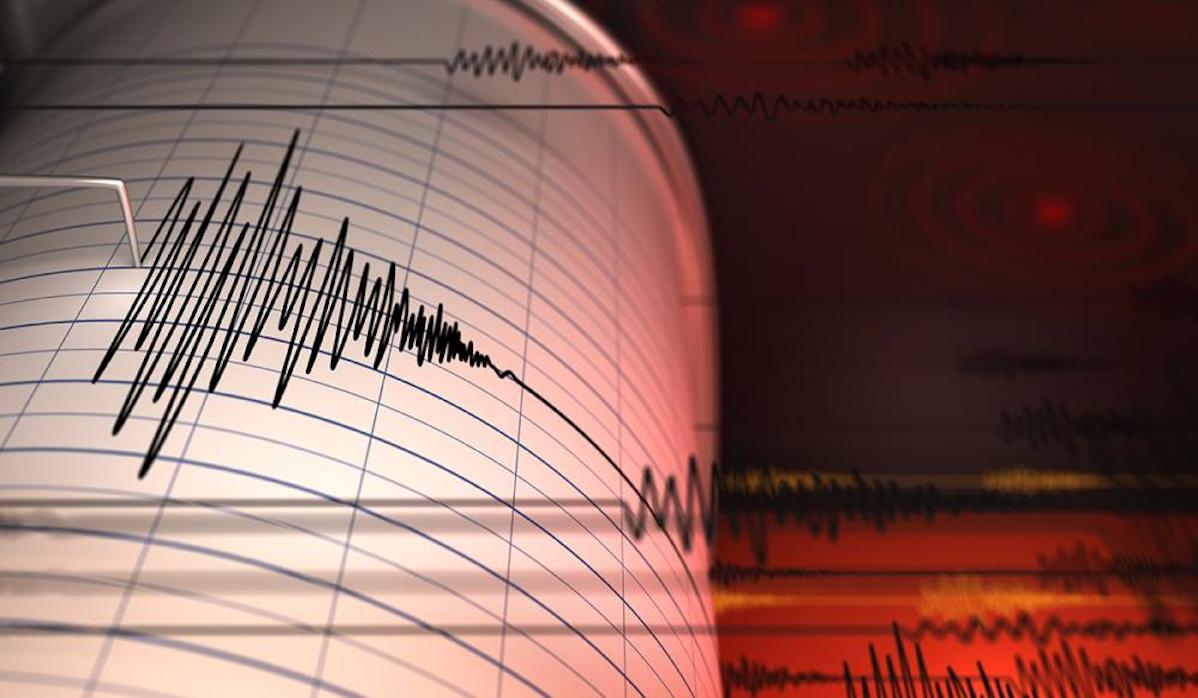Tarun Karthick
Port Blair, 12 April 2024
The Directorate of Disaster Management under the Andaman & Nicobar Administration has issued a comprehensive advisory on earthquake safety measures for residents of the archipelago, stressing the region’s susceptibility to seismic activity.
Situated in one of the most seismically active zones globally (Zone-V), the Andaman & Nicobar Islands have a history of significant geological disasters, including the devastating earthquake of December 26, 2004. This event caused considerable horizontal and vertical shifts in the landmass, resulting in loss of lives and property.
In light of these risks, the Disaster Management Department has underscored the importance of preparedness and adherence to prescribed safety protocols. Residents are urged to familiarise themselves with the following guidelines:
Precautions Before an Earthquake:
– Consult a structural engineer to assess and reinforce the earthquake resilience of residences.
– Securely fasten shelves to walls and place heavy objects on lower shelves. Ensure power and gas appliances have robust support.
– Prepare an emergency kit containing essential supplies for safety and survival.
– Develop and communicate an emergency plan for family and community evacuation.
– Educate oneself and family members about earthquake risks through participation in safety programs.
During an Earthquake:
– Maintain calm and avoid panic. Stay indoors if already inside, and outside if already outdoors.
– Refrain from using matches, candles, or any open flame.
– If in a car, stop and remain inside until the tremors subside.
– Take cover under a sturdy table, protecting the head with one hand and holding onto the table until tremors cease.
– Stay away from mirrors and windows. Do not attempt to exit buildings while the earthquake is ongoing.
– Move to open spaces away from buildings, trees, walls, and electric lines once tremors cease. Avoid using elevators or lifts.
After an Earthquake:
– Avoid entering damaged buildings.
– If trapped in rubble, refrain from lighting matches, cover the mouth with cloth, tap on a pipe or wall, and sound a whistle for assistance.
– Utilise stairs instead of elevators or lifts.
– Proceed cautiously, checking for unstable objects and hazards. Attend to any injuries promptly.
– Remain cautious of potential tsunamis and avoid beaches.
– Disregard and discourage the spread of rumours.
The advisory also includes emergency helpline numbers for swift assistance: 112 (ERSS), 1070 (SEOC), 1077 (DEOC), 100 (Police), 101 (Fire), and 102 (Ambulance).
Residents are strongly encouraged to familiarise themselves with these guidelines and take proactive measures to mitigate the impact of earthquakes.

